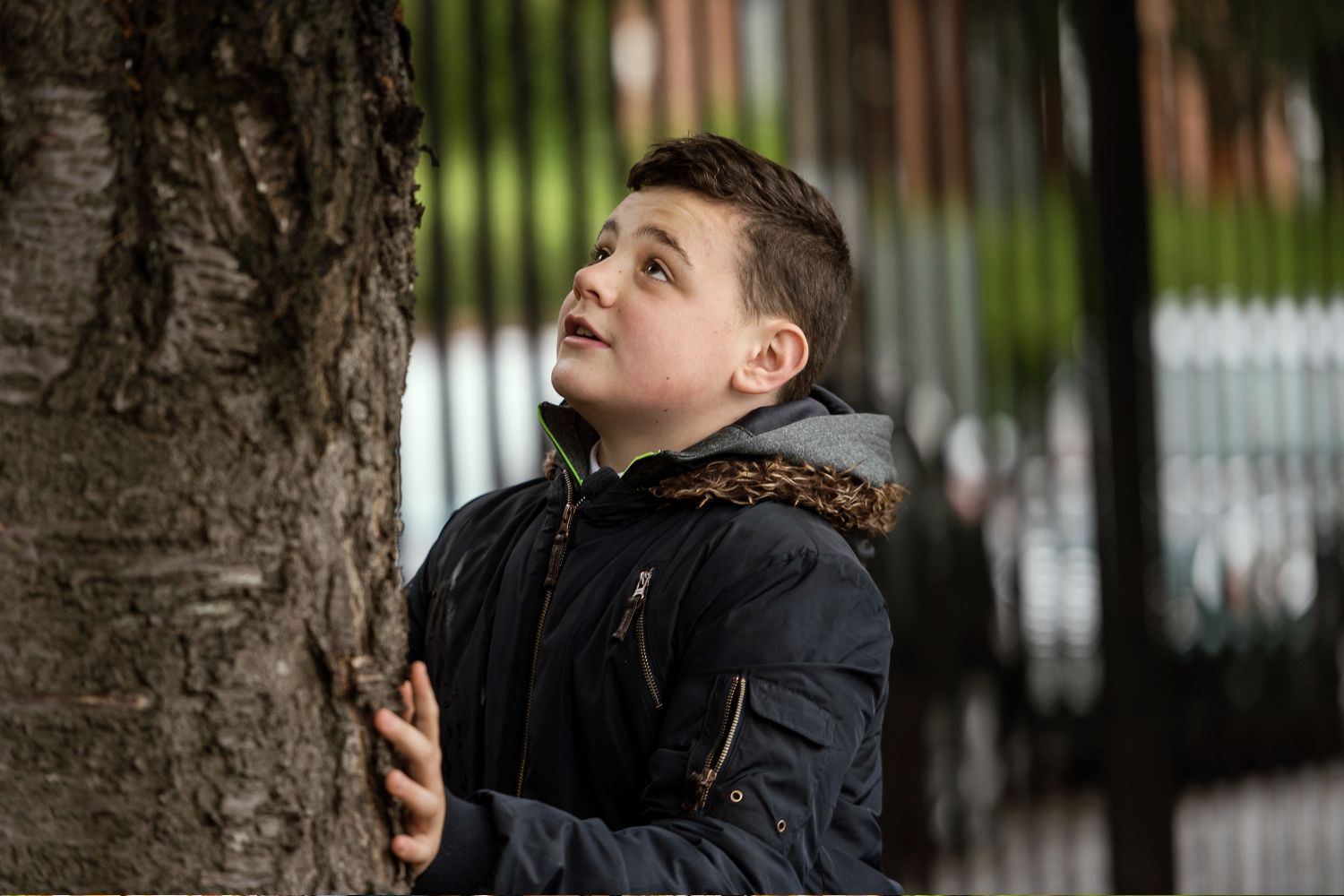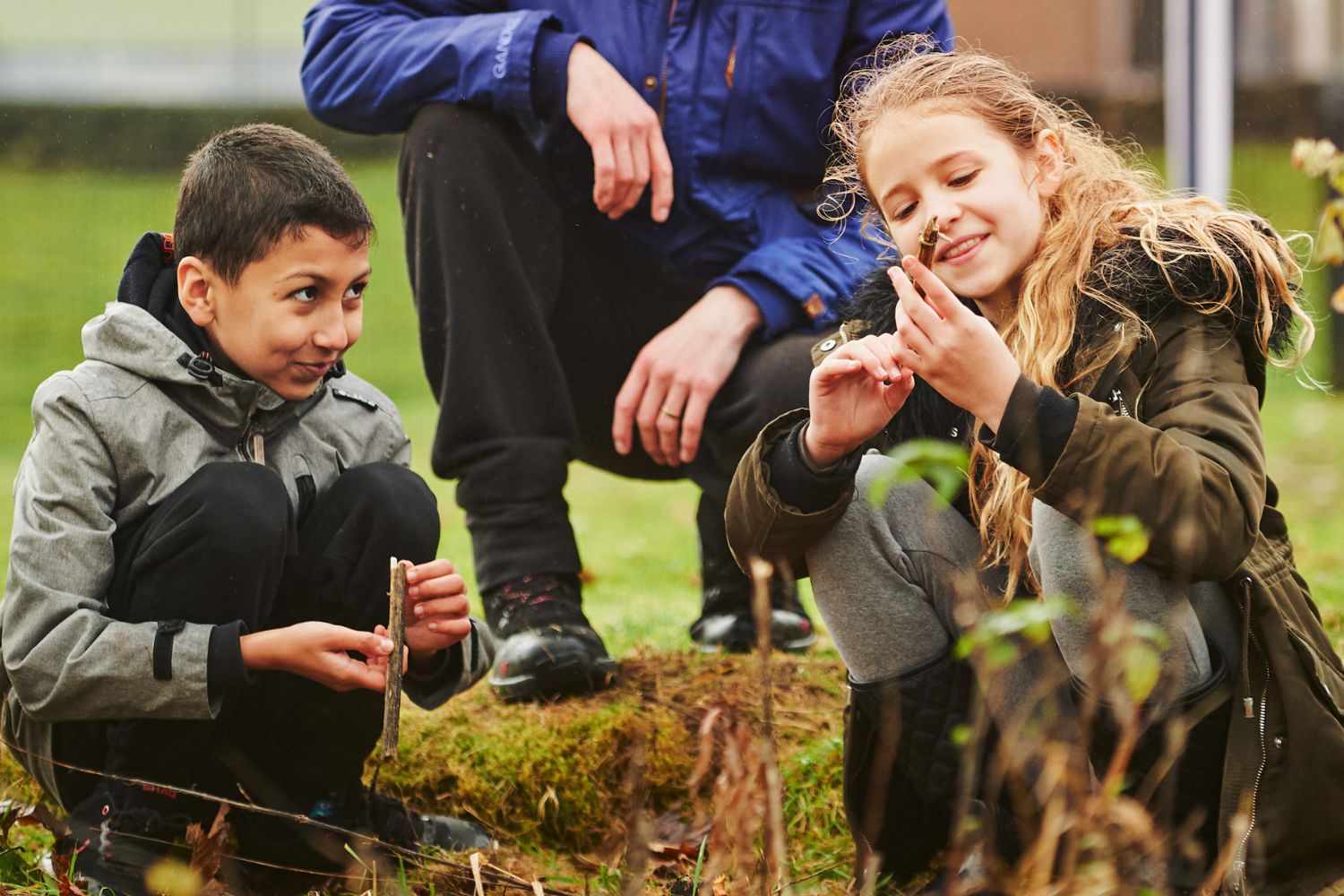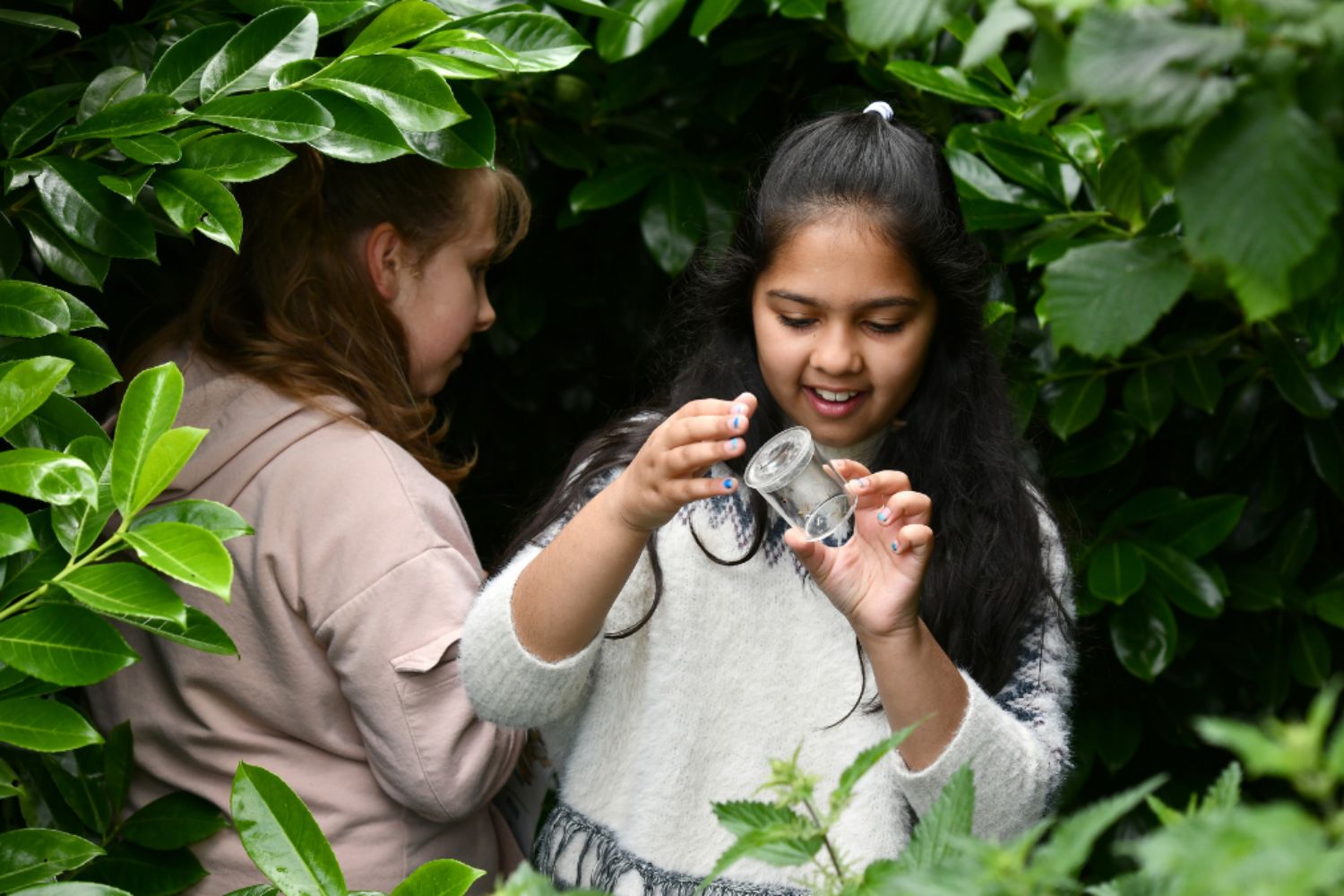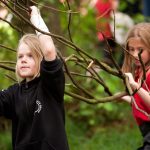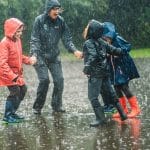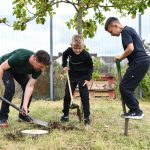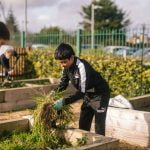Climate action: our recommendations for delivering effective climate education
This #GlobalGoalsWeek, we take a deep dive into our recommendations for equipping educators with the tools to help children achieve Goal 13 — climate action.
As part of the Sustainability and Climate Change Education Working Group, Learning through Landscapes were delighted to contribute to the Sustainability and Climate Change Education: Creating the Foundations for Effective Implementation report.
We want to ensure that all teachers and school leaders are equipped to help children and young people take climate action and protect the environment. In this report, we suggest eight recommendations as a starting point for bringing about meaningful climate action in the UK and beyond. Let’s explore those recommendations a little further.
1. Assess social inequality and its impact on sustainability and climate change education
Tackling climate change and fighting social inequality go hand in hand. We know that climate change not only exacerbates inequalities, but also impacts socially and geographically disadvantaged people the most.
The UK isn’t currently vulnerable to the impacts of the most devastating climate-related hazards, but that doesn’t mean that fighting social inequality shouldn’t be a priority here, too. In the UK, access to nature is highly unequal, and the worst polluters often live in the cleanest areas. That’s why social inequality should be an integral aspect of climate change education.
2. Build a whole-school culture to support effective implementation
We often talk about taking a whole school approach to outdoor learning — because no one should have to go it alone. That’s why a whole school approach is essential to achieving meaningful climate action, too.
Building cultural practices that encourage climate action across the whole school is far more effective than a single teacher trying to create change in isolation. Through the implementation of environmental policies, practices, and routines which explicitly respond to the climate crisis at a whole-school level, senior leadership teams can create a solid foundation for high quality climate education.
3. Create a coherent curriculum to develop a climate-literate society
In order to develop a climate-literate society, climate education needs to begin at school. However, we know that curriculum pressures can leave many teachers feeling cautious about introducing new ideas into the classroom.
Thankfully, with the correct support, training, and aids, climate education can be easily integrated into the existing curriculum. Using high-quality resources, for example, can reduce strain on teacher workloads whilst ensuring that pupils receive excellent quality of education.
4. Develop an effective pedagogy to deliver in a range of settings
Pedagogy isn’t often discussed explicitly at school, but how we teach is just as important as what we teach. For example, outdoor learning has countless benefits, but is often hindered by a lack of confidence when teaching outdoors.
If teachers aren’t confident in their methods, they won’t be able to deliver effective climate education. That’s where professional development comes into the picture.
5. Invest in the long-term impact of professional development
We know that teacher confidence underpins high-quality education. That’s why effective training is key to delivering impactful sustainability and climate education at school. Through our range of outdoor learning training, Learning through Landscapes can help schools to easily incorporate outdoor learning into the curriculum.
Of course, professional development doesn’t happen overnight. In the meantime, senior leadership teams should work on building teacher confidence, and creating strong foundations for professional development through a whole school approach to climate education.
6. Leverage the value of partnerships and outreach programmes
Teachers shouldn’t bear the sole responsibility for climate education. Charities and businesses have a role to play in creating meaningful climate action, too — and the potential benefits of collaboration with schools are vast.
Dedicated educational charities like Learning through Landscapes can help schools to enrich the learning experience and boost academic performance, increase teacher expertise through specialist training, and improve employment prospects for pupils through real-life, experiential learning. We’re always happy to help, so please get in touch or sign up to our newsletter for the latest news and opportunities.
7. Identify and overcome barriers to implementation
We know that time and budget pressures present immense difficulties for teachers and school leaders. Delivering effective climate education requires these recommendations to work together, but implementing them needs significant investment of time and resources.
At Learning through Landscapes, we always advocate doing ‘different, not more’. However, we know that bringing about meaningful change isn’t always in educators’ hands. There’s no easy answer, but giving staff the room to implement these changes over time will go a long way to creating a supportive environment for sustainability and climate education in the long term.
8. Critically evaluate and improve impact over time
Globally, at every level of society, our approach to climate change evolves from year to year. Schools need to take the same approach when embedding sustainability and climate change education into the curriculum.
This is a goal for the long term. As knowledge, resources, and teaching requirements change over time, schools must be open to adapting their approach as necessary — always keeping the children who will inherit this planet at the heart of their strategy.
Read Sustainability and Climate Change Education: Creating the Foundations for Effective Implementation, or view a summary of the report.
To stay up to date with our latest climate education news and advice, sign up to our newsletter.


